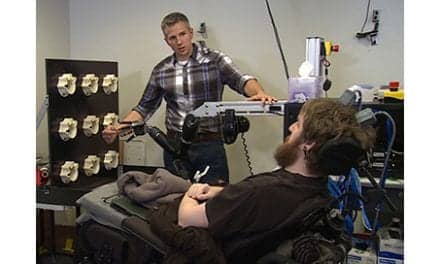Adults with cerebral palsy are more likely to experience musculoskeletal disorders, but they receive significantly less physical therapy for those ailments, according to a recent study.
The findings, published in Disability & Health, analyzed four years of Medicare service claims from community-living older adults with and without cerebral palsy who had one or more ambulatory claims for a musculoskeletal diagnosis. Fewer than one-third of general population patients utilized physical therapy. Those with cerebral palsy, despite having greater risk of secondary comorbid conditions, received even less physical therapy.
2 Reasons Adults With CP Are Short-Changed on PT Services





